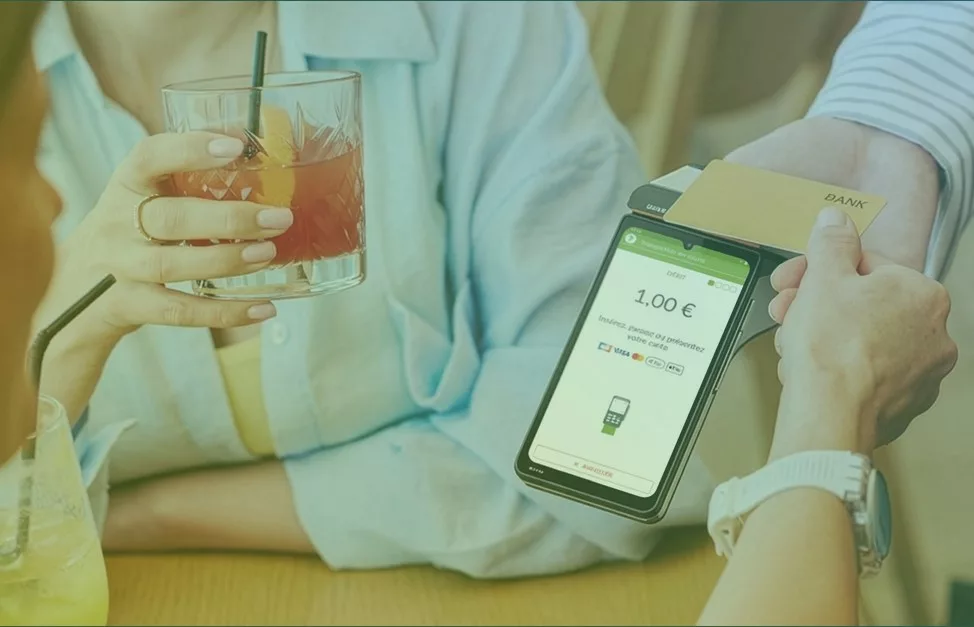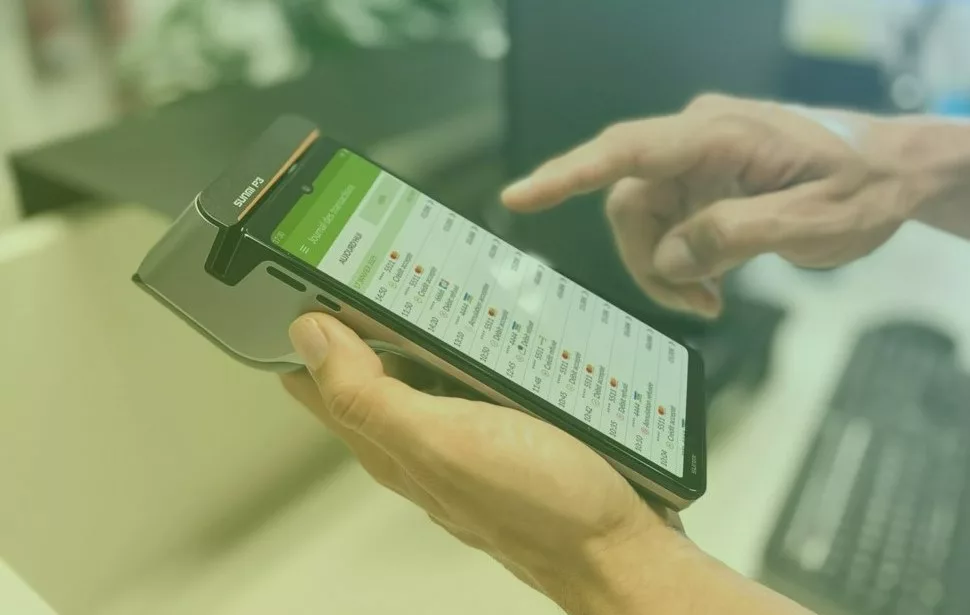You have probably heard of it several occasions. They are nothing more than automated charges that are made periodically and are directly related to charges for the consumption of products or services, such as subscriptions previously authorised by the user.
In this post, we are going to take a closer look at what recurring payments are and how they work. We’d like you to join us. Will you join us?
What are recurring payments and what are they for?
These recurring credit card payments card payments are simple and convenient for customers. In addition, they offer great benefits to merchants, such as estimating future revenue, more easily scalable services, database, reducing the risks of non-payment, increasing the average dwell time of each customer and improvements in cash flow.
Electronic invoicing helps simplify the payment process, increase cash flow, and reduce costs. This happens because future autopilot payments eliminate the need for customers to receive, open, and act on invoices. Thanks to electronic and recurring invoicing, new business sales can be made automatically without you having to intervene.
Some payment providers allow you to integrate the feature of these recurring payments into your own CRM (Customer Relationship Management) or ERP (Enterprise Resource Planning) to automate and customise your payments in a matter of seconds. It couldn’t be easier.
Recurring payment or one-off payment?
In the payment scenario, the following question arises: Should you use recurring payments or one-off payments in your business? Let’s clear up any doubts.
In the payment ecosystem we can find two types of payments: the one-off payment and the recurring payment. While the former is directly related to the sale of products for which the customer pays only once, the latter has to do with payment in regular, pre-agreed instalments or automatic direct debit.
Typically, the user pays a monthly fee to receive the service. Recurring payment is associated with the purchase of digital or physical services, such as subscriptions to a streaming channel to watch TV shows and films, such as Netflix. Or a gym membership. In short, the main difference between these payment systems lies, above all, in the timing.
Choosing one or the other will depend on the products and services you offer, as well as the sector in which you operate.
Would you like to schedule recurring charges for the same purchase once the card is tokenized, or incorporate this service into your abandoned cart recovery strategy?
Think about it!
What types of recurring charges can your eCommerce make?
It all depends on the timeframe in which they are to be made. That is, payments can be fortnightly, monthly, quarterly, or annually. And the means by which they are to be made: payment by card, direct debit of automatic payments or payment by wallet or e-wallet. However, SEPA regulations establish the obligation to sign a mandate acknowledging the agreement between creditor and debtor and stating that the recurring charge is to be made. This authorisation is essential for setting up a direct debit for the business.
The benefits of making recurring payments
For companies, the main benefits are:
- The estimate of future income.
- Services are more easily scalable.
- Creating a solid customer database.
- Reducing the risks of non-payment.
- Increasing the average dwell time of users.
- Selling much more in recovered carts in a short time.
- Loyalty of subscribers.
- Higher profitability.
- And improvements in cash flow.
And for the customer, these are some of the most interesting benefits:
- Greater control of expenses and risk reduction.
- Avoiding surcharges for other late payments.
- And increasing payment convenience and brand ownership.
Are you offering your customers the experience they want? Address their needs, improve functionality and make them feel at home.
History and findings of the subscription-based model
The subscription business may be the future of e-commerce, but we’ll have to wait and see. And you may be thinking this subscription business is nothing new. You are right. But something is changing in the digital age, which is that almost any company could adopt the recurring payment model to benefit from it.
It fits perfectly with e-commerce because, among other things, it brings together the past with the present and the future. Back in the 1990s, video stores were one of the big subscription businesses, as the customer went to the store, chose the film, paid a fee to become a member and a reduced price to watch it. It didn’t make much sense to pay for a film you were only going to see once or twice when you could rent it, don’t you think? The same thing happened with other stores, libraries, etc.
The arrival of the internet revolutionised this business model when society discovered digital downloads. And it is hard for the new generations to imagine, it was a reality. Perhaps it is not so unfamiliar to them to talk about Netflix or Spotify, two companies that have now found in the subscription-based business model an ideal alternative to combat piracy.
The relationship between products and customers would change thanks to recurring payment systems. On the eCommerce side, these payments have also become an alternative, although many businesses don’t know about them or simply forget to implement them.
Are you clear about what recurring payments are? Do you want to know more about this system? How should you integrate it into your online store? Is it an appropriate business model for you? How can you automate recurring payments? What are the advantages for your international customers?
All this and much more at PayXpert.




